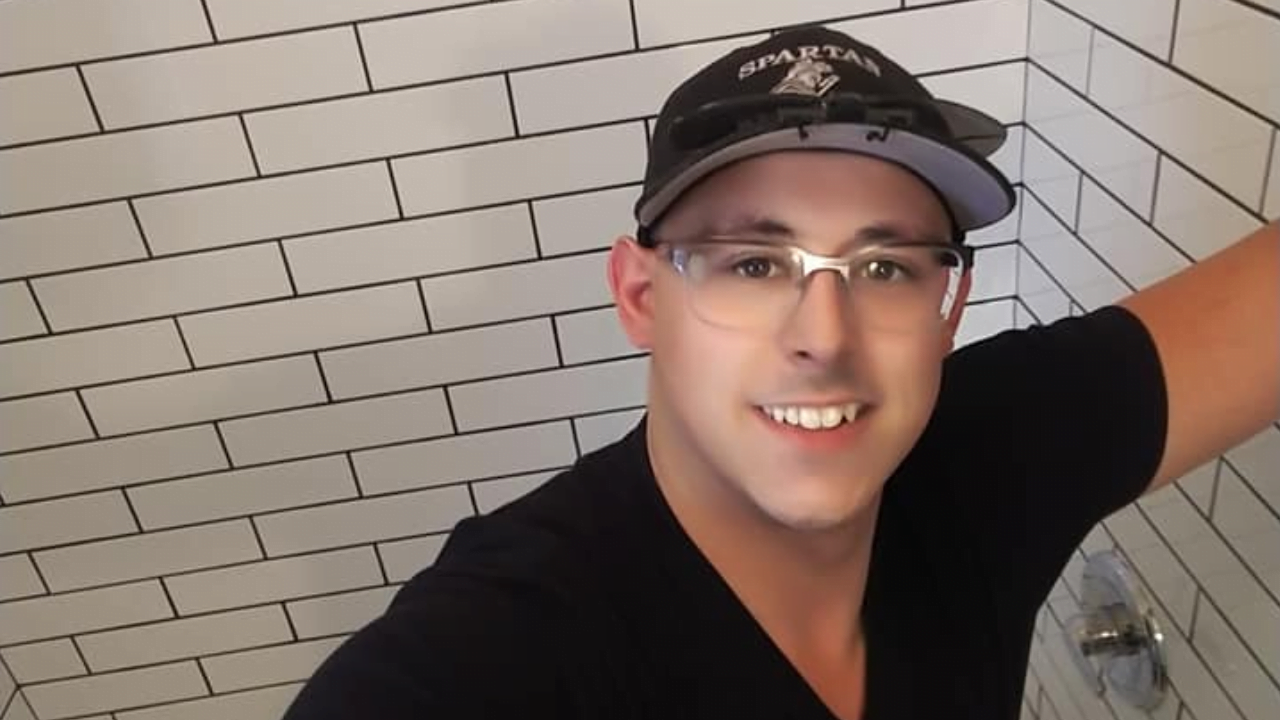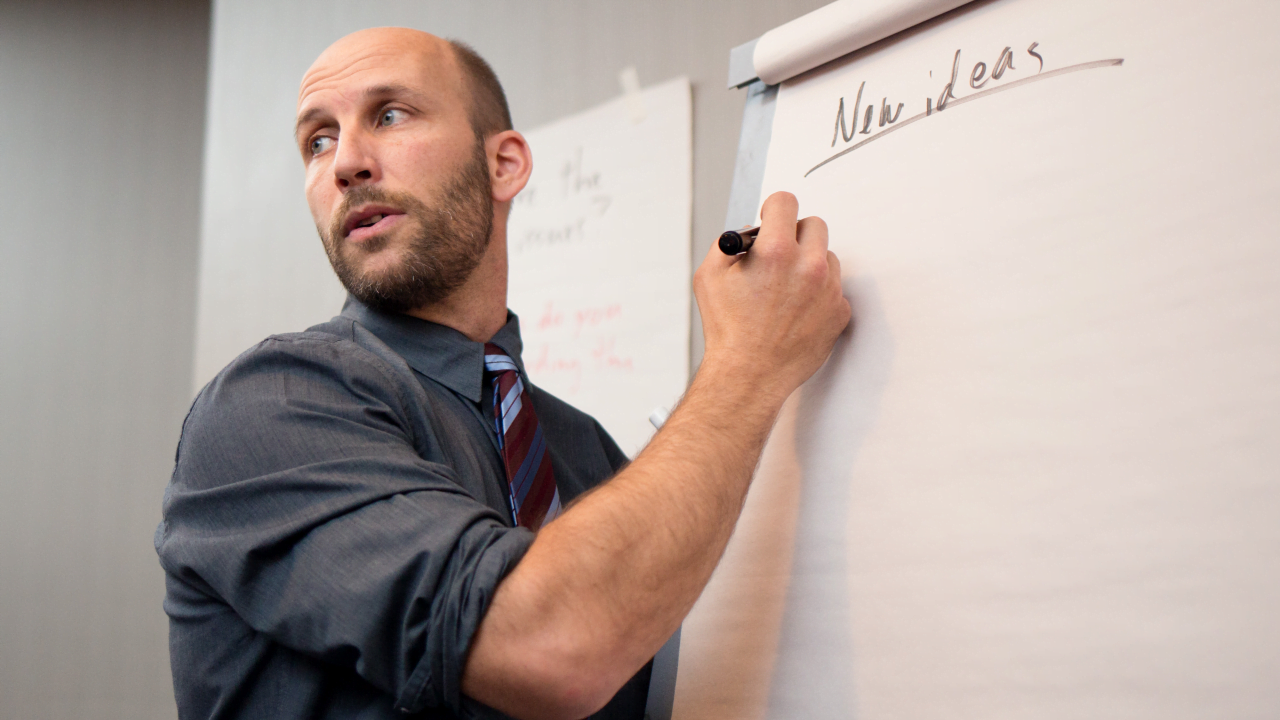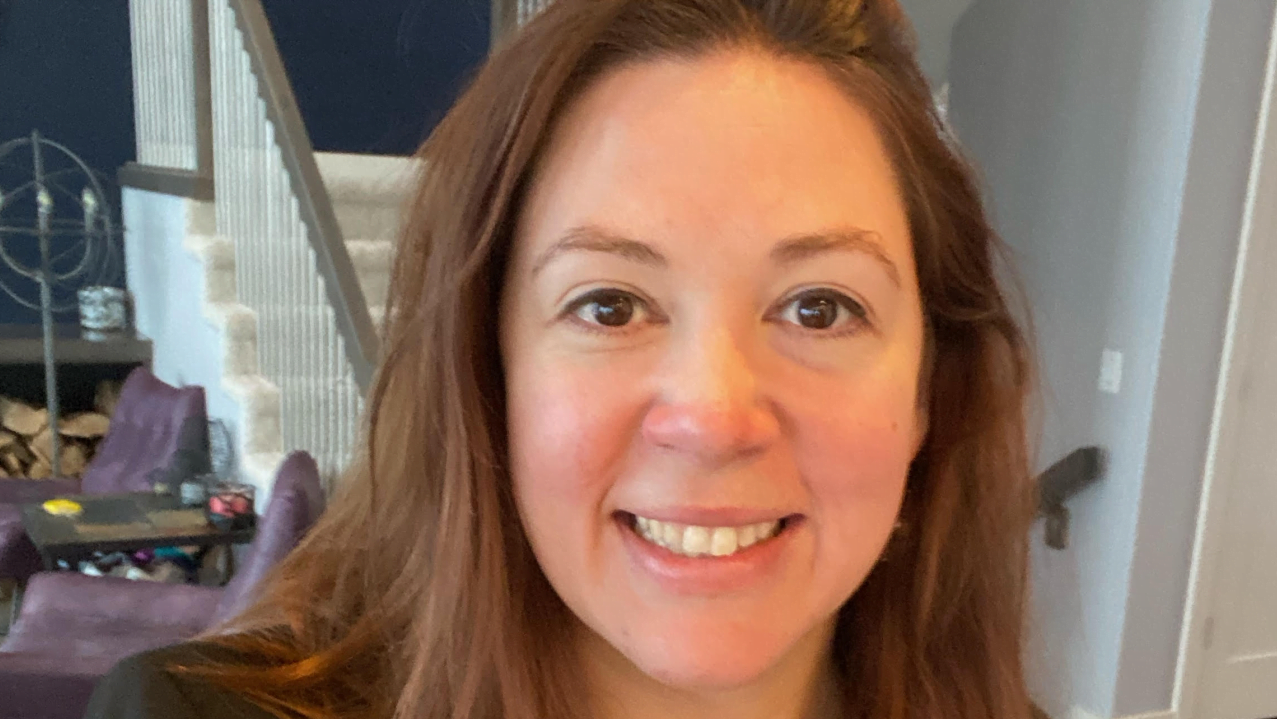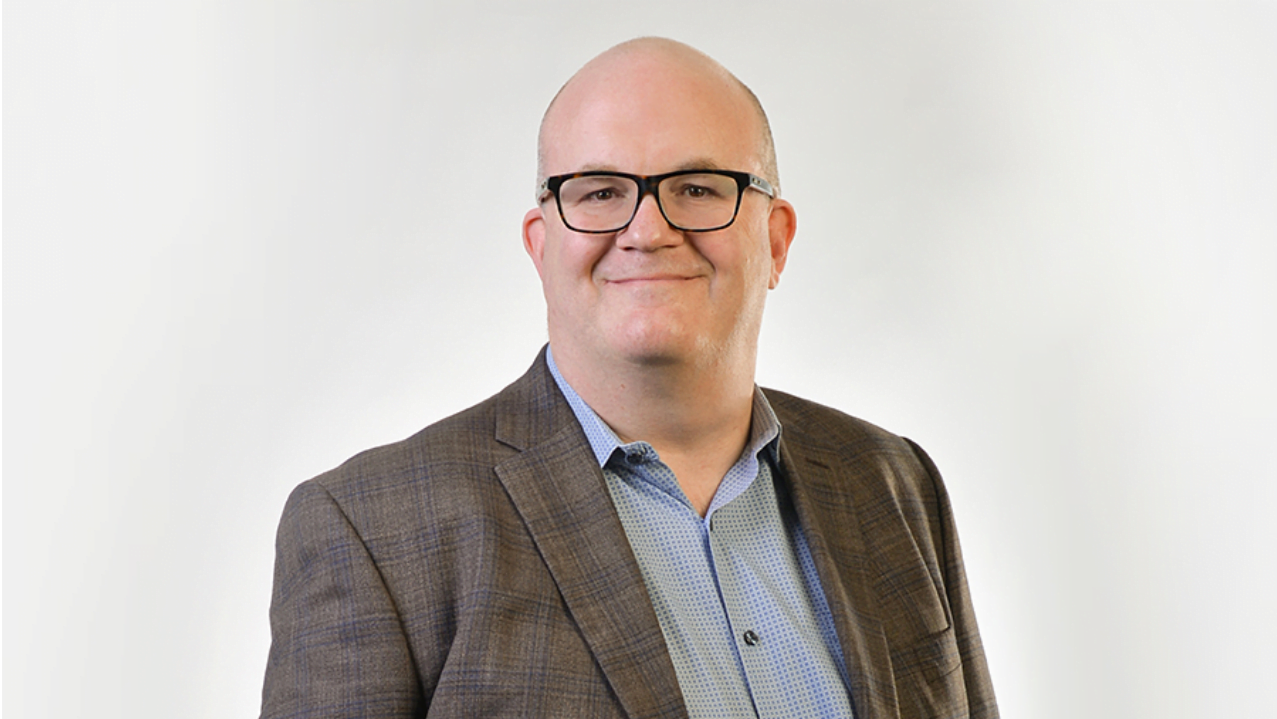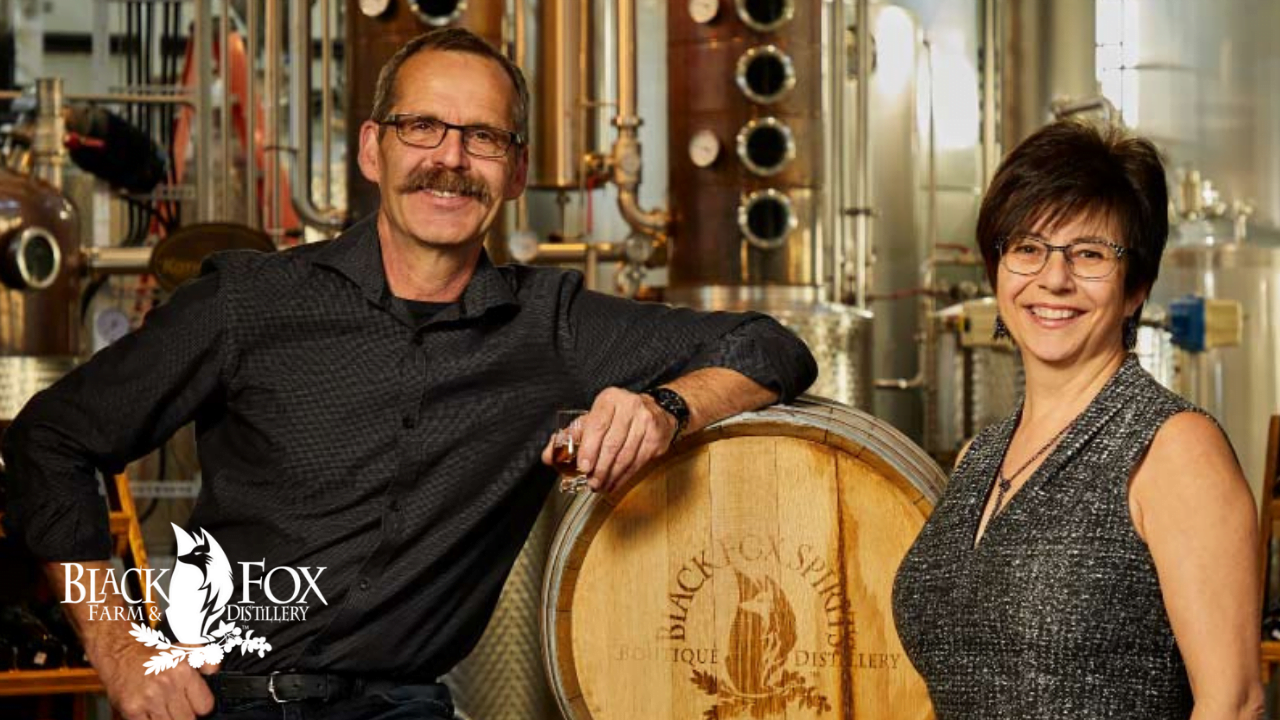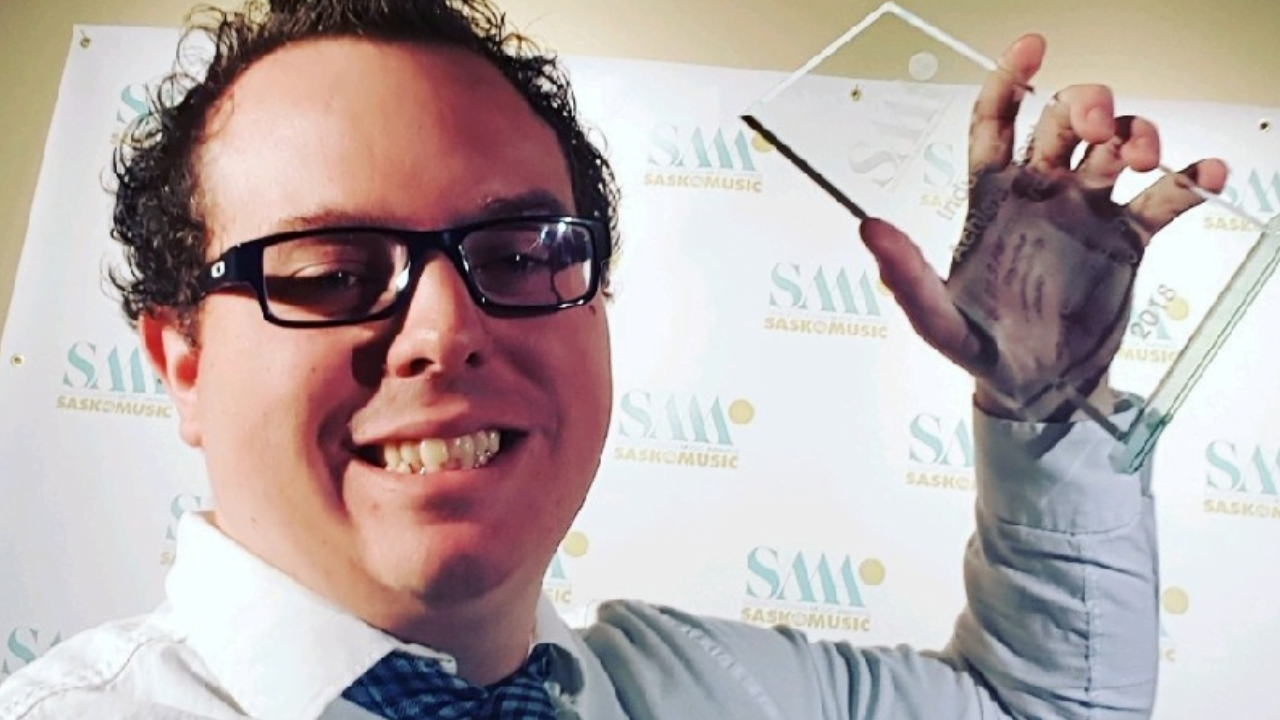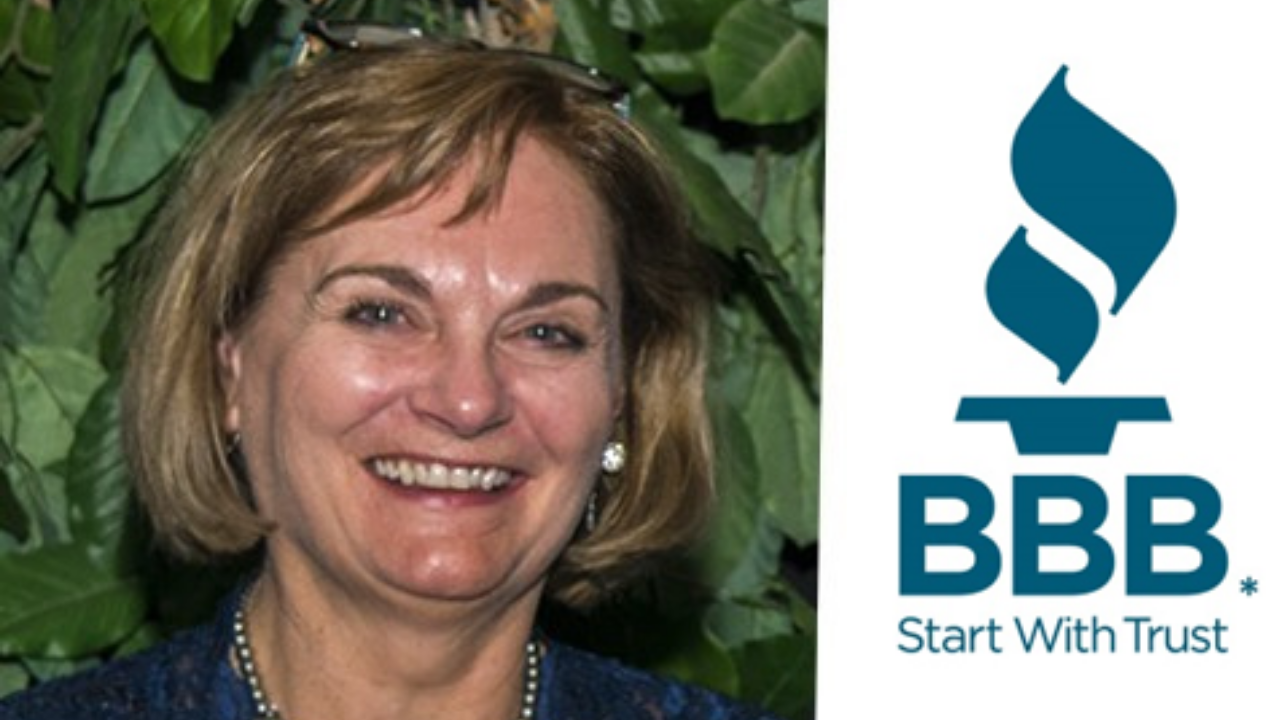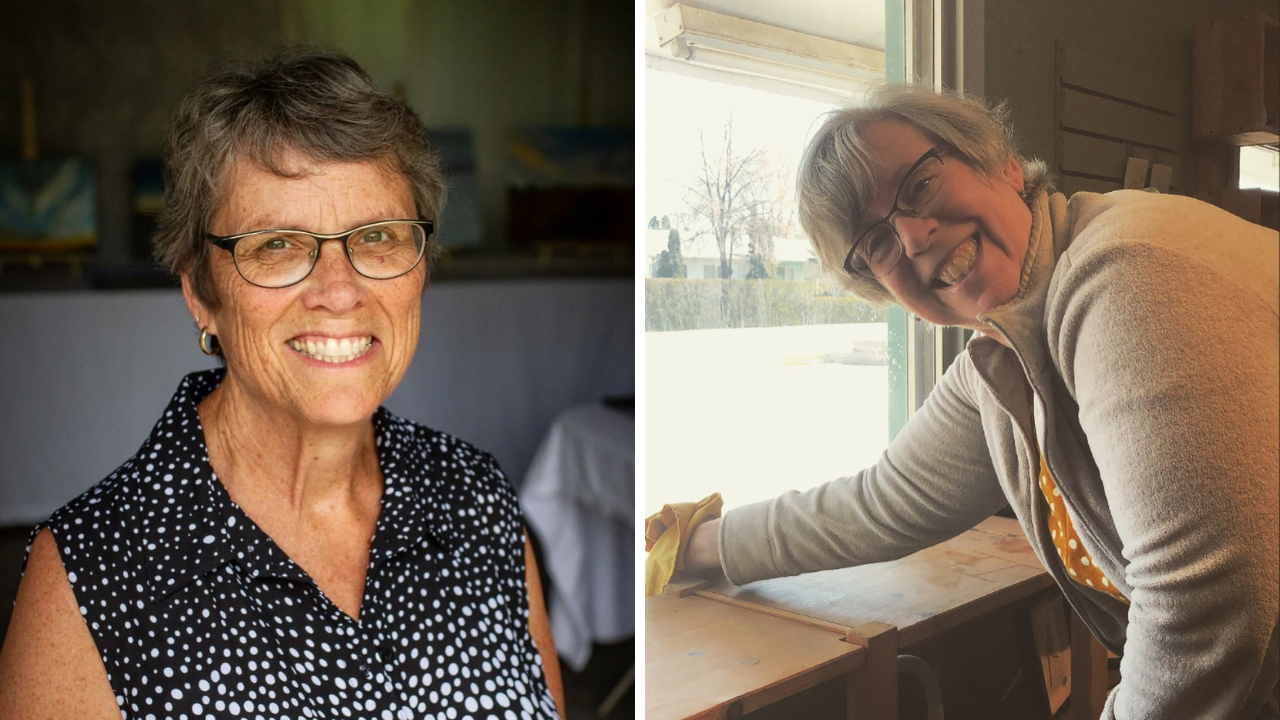Secret Life Ep. 70 with Taylor Weisgerber from Spartan Mechanical
Barb McGrath 0:00I’m excited to introduce you to today’s guest, a graduate of Luther College High School here in Regina. He started off as a plumbing apprentice. He had an idea, a passion, and a willingness to approach business differently. Taylor Weiss Gruber took a took it upon himself to do things differently. He’s the founder of Spartan mechanical, and he approaches business life and his customers with a friendliness outgoingness and straight talk approach that his customers have come to know like, and trust. Welcome, Taylor. Thank you for being here. Taylor Weisgerber 0:41Thank you, Barb. Thanks very much for having me. Barb McGrath 0:44Yeah, it’s a pleasure to have you here. So tell me a little bit about how Spartan mechanical came to be? Taylor Weisgerber 0:52Well, that’s a bit of a long story, Barton, it all started back in 2012. Taylor Weisgerber 0:58Maybe even as far back as 2011. To take him back into high school, I had a couple different options on my plate of what I truthfully wanted to do Unknown Speaker 1:07In Taylor Weisgerber 1:17Ran his own plumbing business, which I was fortunate enough to be brought into. I worked for him for two and a half years, it was probably the longest two and a half years of my life. Taylor Weisgerber 1:31Other people listening to the show might know exactly how well working for family can go over at different points in time. So after that, I had already started working on my apprenticeship to get my Red Seal endorsement. Taylor Weisgerber 1:45I worked for another business here in the city for another two and a half years, it was the best two and a half years of my life. And in the trade. I had received my journeyman certificate or a journeyperson for those concerned. Taylor Weisgerber 2:01After that point, I went out to Alameda for about eight months, and I worked in the plumbing and gas fitting industry out that way in a rural setting, to try and widen my horizons. At that point, I had come back to Regina, and I wanted something different. I wanted something for myself, not only for myself to be proud of but you know, a point that can grow myself as a person as an individual. And, you know, as the army would say, be the best that you can be? Barb McGrath 2:29Sure. So take me back even a little bit further. What when you were in high school, what made you think that you wanted to get into plumbing? Or was it simply that there was a family business there? Or was there anything until you got into it? How does that come to be? Taylor Weisgerber 2:45I never wanted to do plumbing. When I was in elementary school, I mean, you know, if you said what your parents did for work, you know, mom did this. My stepdad did plumbing. Well, that was the end of so many jokes. And at that point, it was what it was right? When I first started out, I was actually gearing towards going into the IT field or something more of a support specialist role. The one thing that I really attributes to my qualities is my ability to speak. Taylor Weisgerber 3:15And my ability to guide, I’ve got a real knack for being able to go in the back of my mind and lead people through certain issues. It’s really benefited both, you know, personally, as well as entrepreneurially. Barb McGrath 3:28Got it. Okay. Yeah. You know, and that’s not necessarily a skill that we would associate with a trade sometimes. And not that not that trades don’t require leadership. It’s just not a skill that you hear people talk about. So, you know, how have you approached the business differently? What did you see out in the field? I’m talking with my hands, what did you see out in the field? versus what are you doing now to actualize that change? Taylor Weisgerber 3:55The one big thing that I saw in the field is I’ve gotten a lot of colleagues and they do beautiful, amazing work, artistic work, or, you know, depending on the customer, they do it fast, they do it efficient, and they do it proper. The one biggest thing that I see in our industry is an undervalue of a person’s true value. Right. And that stems down to the leadership role. Yeah, the one thing I want to do is I want to develop great people, I want to make people the best that they can be. And in the truest sense of the word. I want them to do quality work, and Taylor Weisgerber 4:32Basically extend themselves to any customer, whether it’s ours when we get to that point, or whether they want to go out on their own to theirs. We want to provide a great experience. We want to build an idea of, you know, kind of a family mentality as much as you can in the business world, right. We want to build a support system for our future staff, but as well for our customers. Barb McGrath 4:55Yeah. And just based on our conversation that we had before we kicked off today. Barb McGrath 5:00You have some really long term visions for this business, this isn’t a five year make a bunch of money, you know, head to Hawaii kind of thing. This, you’ve got some really long term visions for this business. So can you talk a little bit about that? And where does that come from? Because not, not all business owners have that type of approach. Taylor Weisgerber 5:20Yeah, for sure. So the one thing is growing up, we didn’t have a lot growing up, we grew up just on the north north side of the tracks, Taylor Weisgerber 5:29Almost staying near in the thick of it. And so growing up, we got to see a lot of
